Understanding Commercial Cleaning: Essential Services for a Healthy and Productive Environment
Commercial cleaning encompasses a broad range of cleaning services tailored for businesses, from small offices to large industrial complexes. These services are essential in maintaining a clean, safe, and productive environment for employees, clients, and visitors. This comprehensive guide explores the importance of commercial cleaning, the types of services offered, the benefits of a clean commercial space, and how to choose the right cleaning provider.
The Importance of Commercial Cleaning:
Health and Safety
Maintaining a clean commercial space is crucial for the health and safety of everyone who uses the facility. Regular cleaning reduces the spread of germs, bacteria, and viruses, which can lead to illnesses and infections. This is particularly important in high-traffic areas and shared spaces, such as restrooms, break rooms, and conference rooms. Professional commercial cleaners use specialized techniques and products to ensure thorough sanitation, promoting a healthier environment.
Productivity and Efficiency
A clean and organized workspace can significantly enhance productivity and efficiency. Clutter and disorganization can be distracting and reduce focus, whereas a clean environment promotes a sense of order and professionalism. Employees are more likely to be productive and motivated when their surroundings are clean and well-maintained. Additionally, regular cleaning helps maintain office equipment and facilities, reducing the need for repairs and replacements.
Positive Business Image
The appearance of a commercial space can greatly influence the perception of a business. A clean and well-maintained facility reflects professionalism, attention to detail, and a commitment to quality. This positive image can attract clients, customers, and partners, and can also boost employee morale. Conversely, a dirty and disorganized space can damage a business's reputation and deter potential clients and customers.
Types of Commercial Cleaning Services
General Office Cleaning
General office cleaning is one of the most common commercial cleaning services. This includes daily tasks such as:
- Dusting and wiping down surfaces
- Vacuuming carpets and rugs
- Sweeping and mopping hard floors
- Emptying trash bins and replacing liners
- Cleaning and sanitizing restrooms
- Cleaning kitchen and break areas
Industrial Cleaning
Industrial cleaning involves specialized cleaning services tailored for factories, warehouses, and manufacturing plants. This type of cleaning often requires specific knowledge and equipment to handle industrial-level dirt, grease, and contaminants. Services may include:
- High-pressure washing
- Degreasing machinery and equipment
- Cleaning production areas
- Safely disposing of hazardous materials
Healthcare Facility Cleaning
Cleaning healthcare facilities requires stringent hygiene standards to prevent the spread of infections. This includes hospitals, clinics, dental offices, and laboratories. Professional cleaners in this field must be trained in proper disinfection protocols and the use of hospital-grade cleaning agents. Services typically include:
- Disinfecting patient rooms and examination areas
- Cleaning and sanitizing restrooms
- Handling biohazardous waste
- Sterilizing medical equipment
Retail Cleaning
Retail cleaning services are designed to maintain the cleanliness and appeal of stores, malls, and shopping centers. A clean retail environment is crucial for attracting customers and enhancing their shopping experience. Services include:
- Cleaning and sanitizing restrooms
- Sweeping and mopping floors
- Dusting shelves and displays
- Cleaning fitting rooms
Educational Facility Cleaning
Schools, colleges, and universities require regular cleaning to provide a healthy learning environment. This includes classrooms, libraries, cafeterias, and gymnasiums. Special attention is needed for high-touch areas like desks, door handles, and sports equipment to minimize the spread of germs. Services include:
- Cleaning and sanitizing restrooms
- Sweeping and mopping floors
- Emptying trash bins
- Cleaning and disinfecting classrooms
Post-Construction Cleaning
Post-construction cleaning is essential for newly built or renovated commercial spaces. This type of cleaning ensures that the space is ready for occupancy by removing construction dust, debris, and residues. Services include:
- Removing construction debris
- Cleaning windows and frames
- Dusting all surfaces
- Sweeping and mopping floors
Benefits of Maintaining a Clean Commercial Space
Improved Air Quality
Regular cleaning helps improve indoor air quality by reducing dust, allergens, and pollutants. Clean air is essential for employee health, reducing the risk of respiratory issues and allergies. Commercial cleaners use advanced equipment, such as HEPA-filter vacuums, to ensure that air quality is maintained.
Reduced Absenteeism
A cleaner commercial space can lead to fewer sick days among employees. By reducing the spread of germs and maintaining a hygienic environment, commercial cleaners help decrease the incidence of illnesses. This not only benefits the health of employees but also enhances overall productivity and reduces the costs associated with absenteeism.
Enhanced Employee Morale
A clean and pleasant workspace can boost employee morale and satisfaction. When employees feel that their workplace is well-maintained, they are more likely to take pride in their surroundings and feel valued by their employer. This can lead to increased job satisfaction and a more positive work culture.
Compliance with Regulations
Certain industries, such as healthcare and food services, are subject to strict cleanliness and hygiene regulations. Professional commercial cleaning services help businesses comply with these regulations, avoiding potential fines and ensuring a safe environment for employees and customers.
Choosing the Right Commercial Cleaning Service
Assessing Your Needs
Before selecting a commercial cleaning service, it's important to assess your specific cleaning needs. Consider factors such as the size of your facility, the number of employees, the type of work conducted, and any specific cleaning requirements. This will help you identify the level of service you need and any special considerations that should be addressed.
Research and Recommendations
Conduct thorough research to identify reputable commercial cleaning services. Seek recommendations from colleagues, business partners, or online reviews. A well-established cleaning service with positive testimonials is more likely to provide reliable and satisfactory results.
Evaluating Proposals
Request detailed proposals from several cleaning companies. Compare their services, pricing, and terms. Pay attention to what is included in the service package and any additional costs that may apply. Choose a service that offers the best value for your budget while meeting your specific needs.
Checking Credentials and Insurance
Ensure the cleaning company is properly licensed, bonded, and insured. This protects you from liability in case of accidents or damages during the cleaning process. Verify their credentials and ask for proof of insurance before finalizing any agreements.
Communication and Customer Service
Effective communication is essential for a successful cleaning partnership. Choose a company that is responsive to your inquiries and open to feedback. Good customer service ensures any issues are promptly addressed, maintaining a positive working relationship.
The Future of Commercial Cleaning
Technological Advancements
The commercial cleaning industry is embracing technological advancements to improve efficiency and effectiveness. Innovations such as robotic cleaners, automated scheduling systems, and advanced cleaning equipment are becoming more common. These technologies help reduce labor costs and enhance cleaning precision.
Focus on Sustainability
Sustainability is a growing trend in the commercial cleaning industry. Clients increasingly prefer eco-friendly cleaning services that use biodegradable products and sustainable practices. Commercial cleaners are adopting green cleaning techniques to meet this demand and reduce their environmental impact.
Health and Safety Prioritization
The COVID-19 pandemic has heightened awareness of the importance of hygiene and sanitation. Commercial cleaners now prioritize health and safety more than ever. This includes enhanced disinfection protocols, the use of personal protective equipment (PPE), and adherence to health guidelines.
Customized Cleaning Solutions
The demand for customized cleaning solutions is on the rise. Clients seek tailored cleaning plans that address their unique needs and preferences. Commercial cleaners are adapting by offering more personalized services and flexible scheduling options.
Training and Certification
As the industry evolves, the importance of training and certification for cleaning staff is becoming more recognized. Well-trained cleaners provide higher quality services and adhere to safety standards. Certification programs validate the skills and knowledge of cleaning professionals, ensuring clients receive the best service possible.
Conclusion
Commercial cleaning services are essential for maintaining clean, safe, and productive business environments. By understanding the importance of professional cleaning, recognizing the benefits of a clean commercial space, and knowing how to choose the right cleaning provider, businesses can ensure a healthy and efficient workspace. As the commercial cleaning industry continues to evolve, advancements in technology, sustainability, and customized solutions promise a brighter and cleaner future for all.


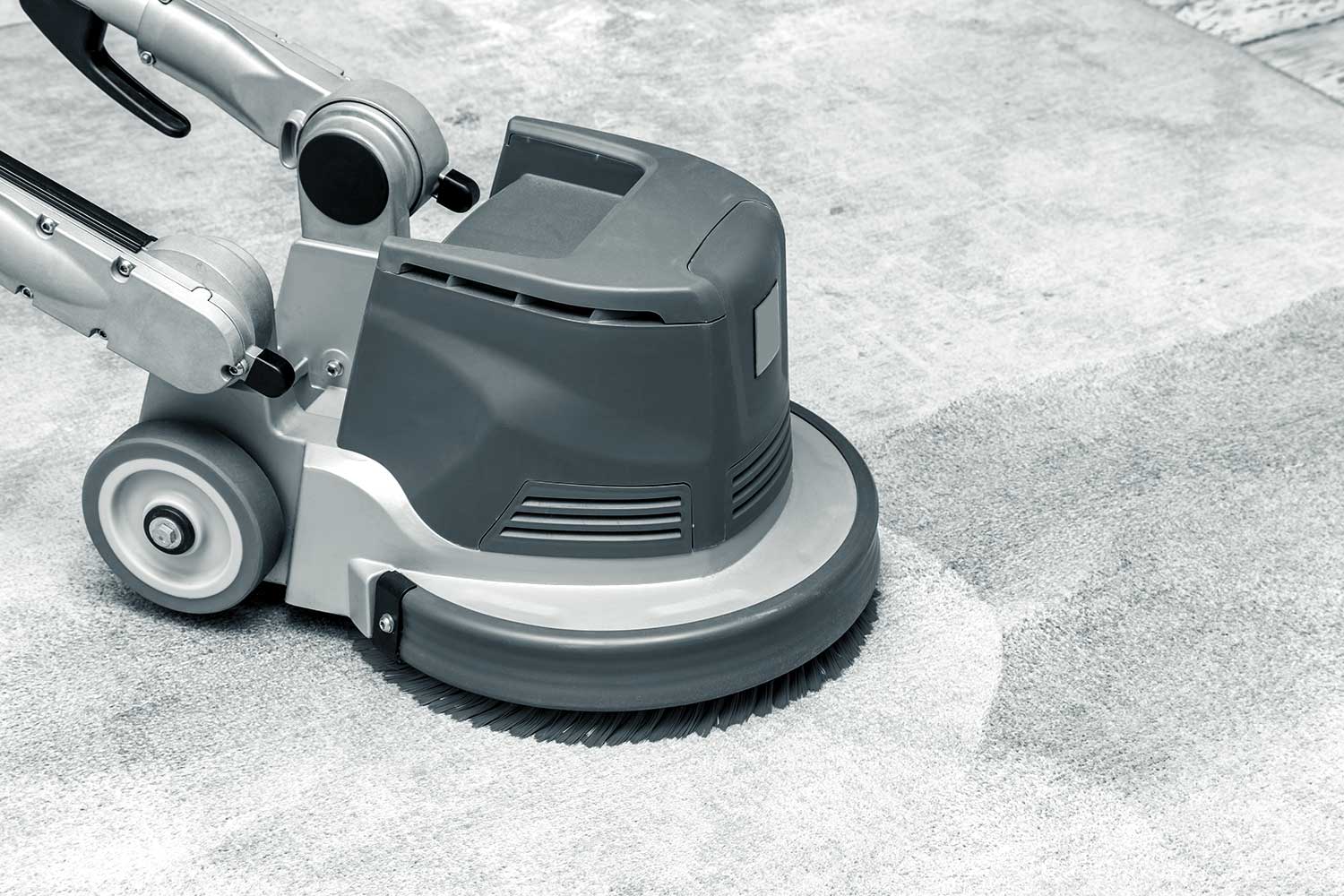

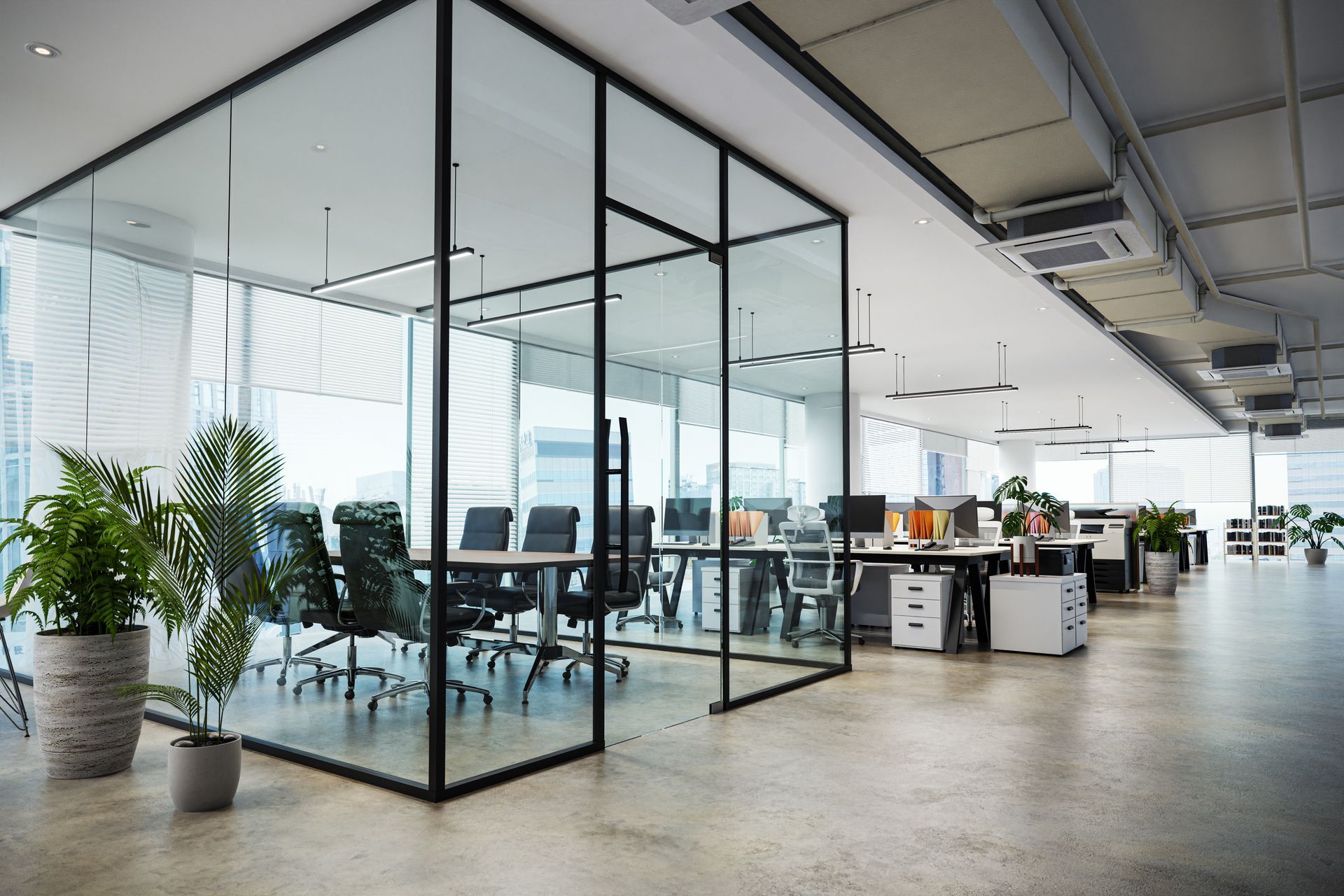
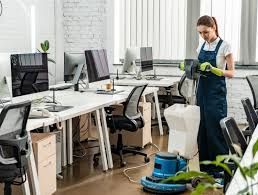
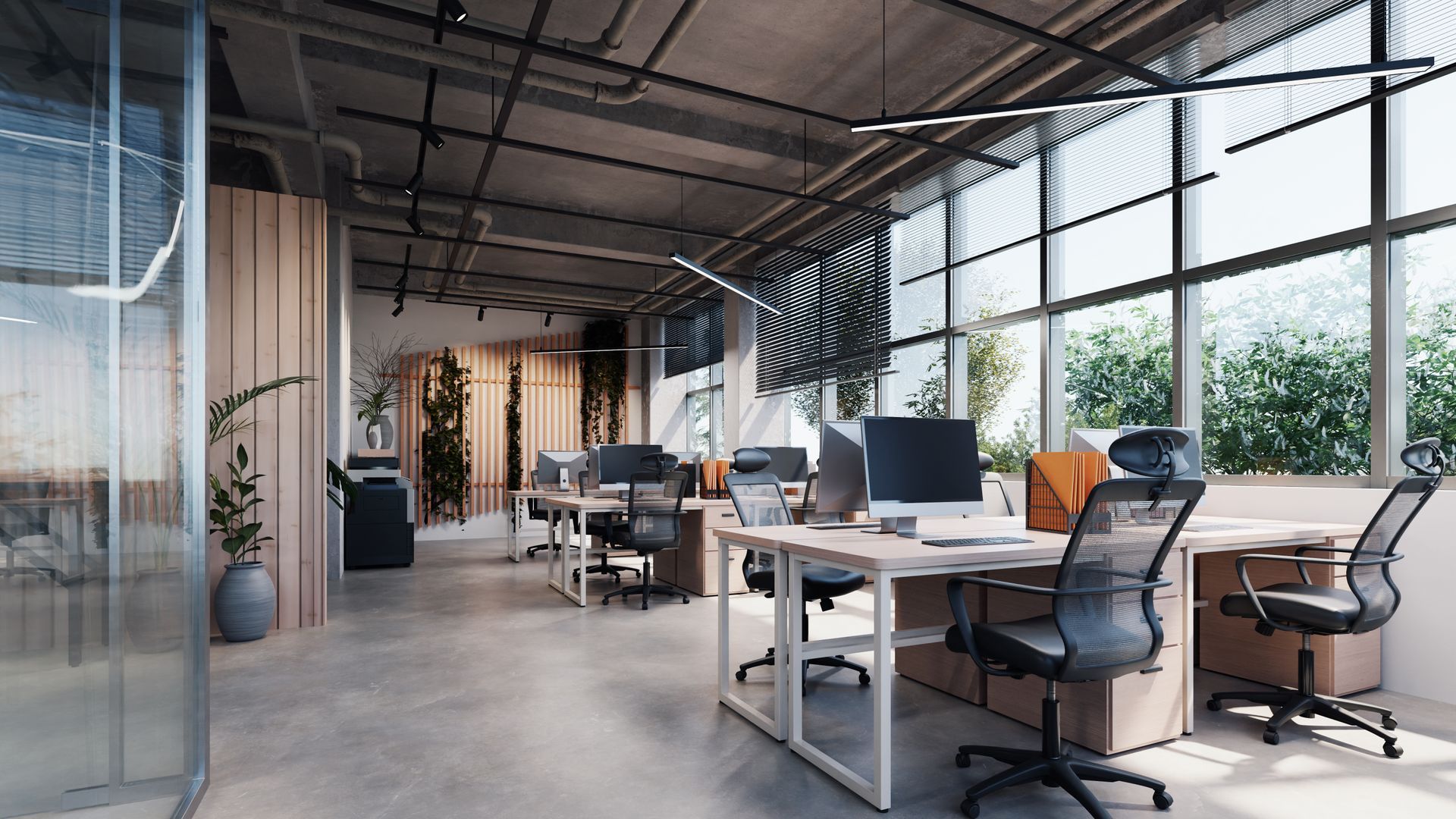
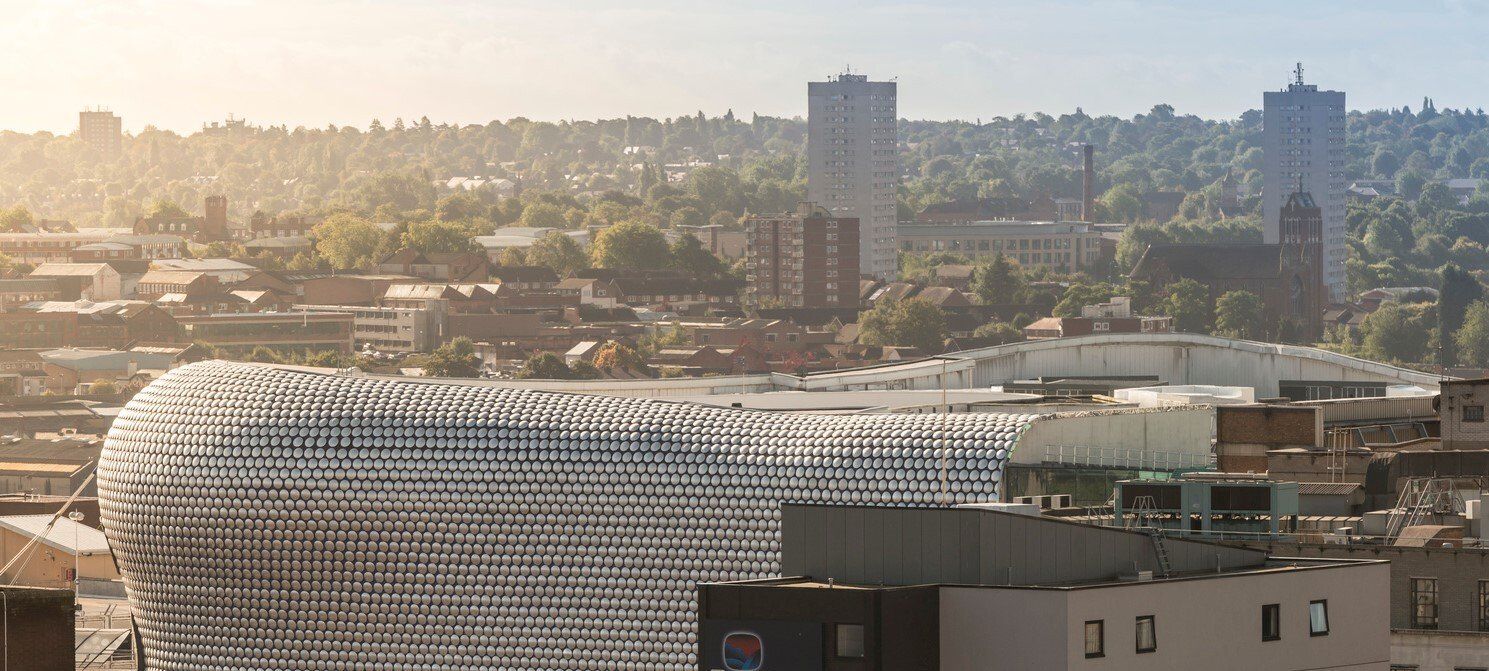
Areas we cover...
Commercial cleaners Leicester
| Commercial cleaners Nottingham
| Commercial cleaners Stoke on trent
| Commercial Cleaners Worcester
| Commercial cleaners Sandwell
| Commercial cleaners Dudley
| Commercial cleaners Coventry
| Commercial cleaners Rugely
| Commercial cleaners Redditch
| Commercial cleaners Derby
| Commercial cleaners Derbyshire
| Commercial cleaners Litchfield
| Commercial cleaners Nuneaton
| Commercial cleaners Leicestershire
| Commercial cleaners Stafford
| Commercial cleaners Shrewsbury
| Commercial cleaners Coleshill
| Commercial cleaners Tamworth
| Commercial cleaners Rugby
| Commercial cleaners Cannock
| Commercial cleaners Bromsgrove
| Commercial cleaners Staffordshire
| Commercial cleaners Sutton Coldfield
| Commercial cleaners Warwickshire
| Commercial cleaners Wolverhampton | Office cleaners Canary Wharf
Find out more today
Contact Us
We will get back to you as soon as possible.
Please try again later.




